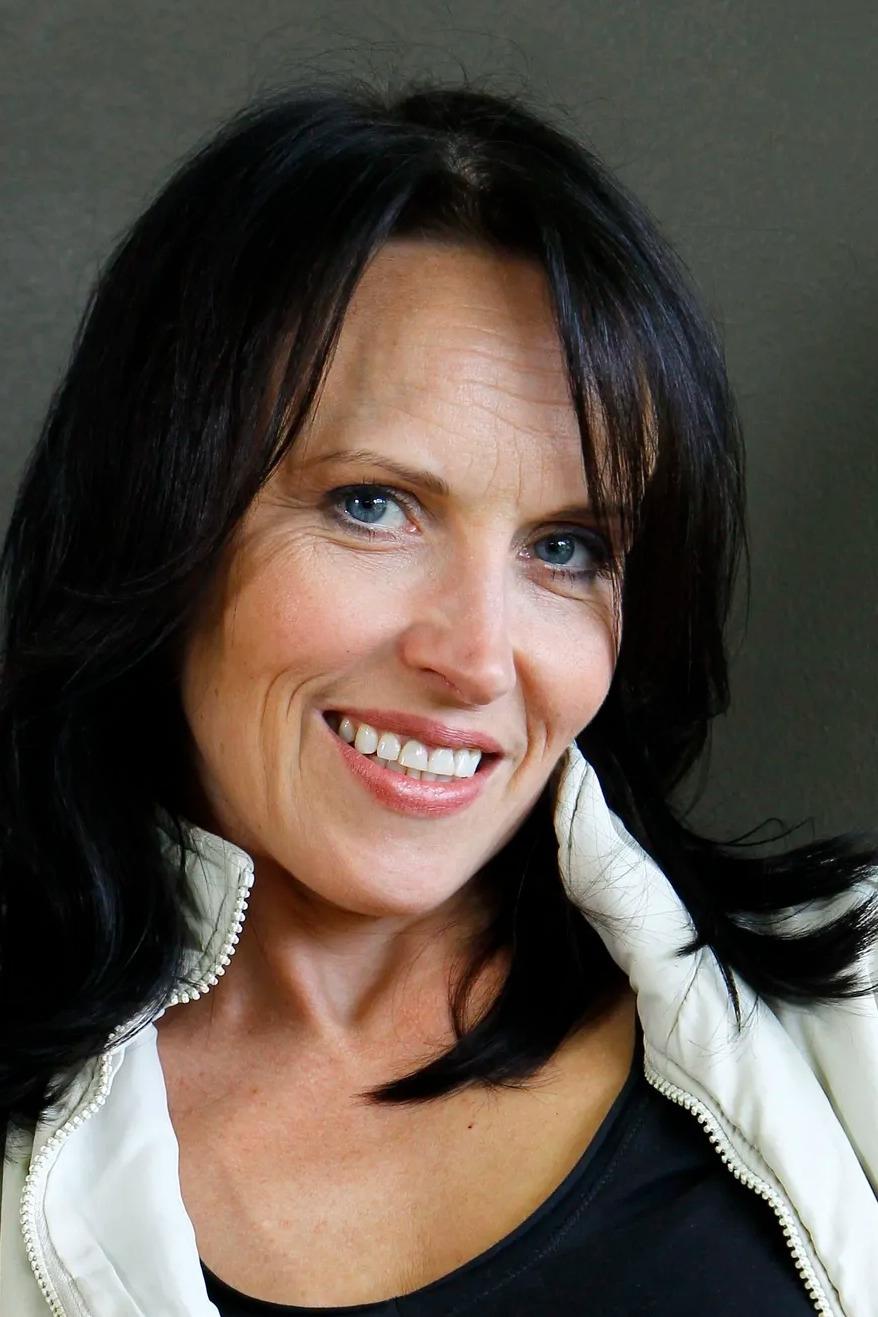
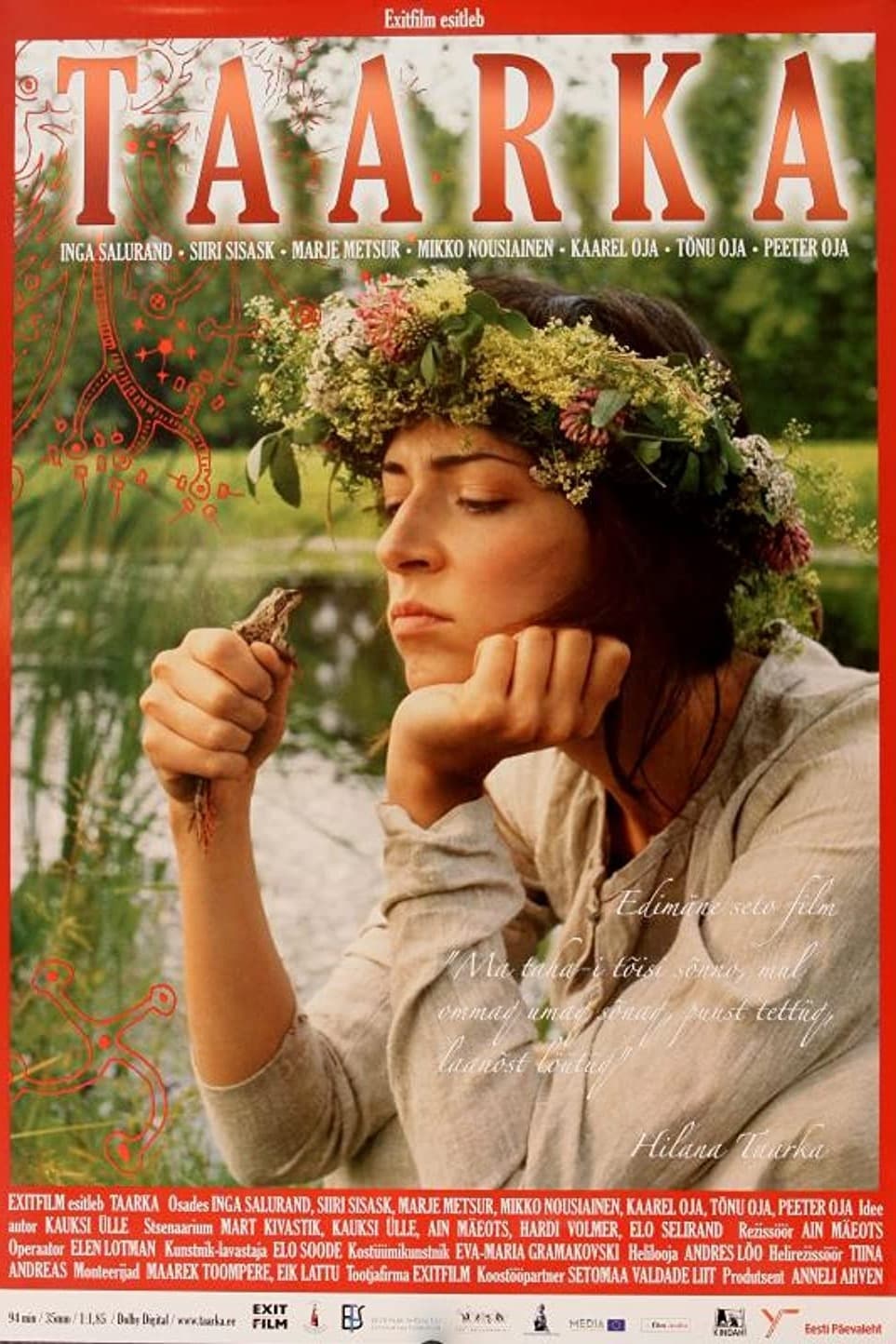
The first film in the Seto language in the world speaks about the brightest heroine of a small people, the folk singer Hilana Taarka, a woman who lived her whole life as an outcast in a small chimney-less hut; as an unmarried mother of children in poverty, begging her bread, doing odd jobs and singing. She always sang the truth, sometimes bitter, sometimes funny, sometimes cruel. She was feared, despised and coveted. Taarka sang throughout her remarkable life, throughout her fate, from a small Seto village to international fame. And she sang well. Really well. Taarka became the Mother of the Song, a legend. But as a woman, as a member of the community, the Seto people never really accepted her. Taarka - a despised woman and a worshiped singer.
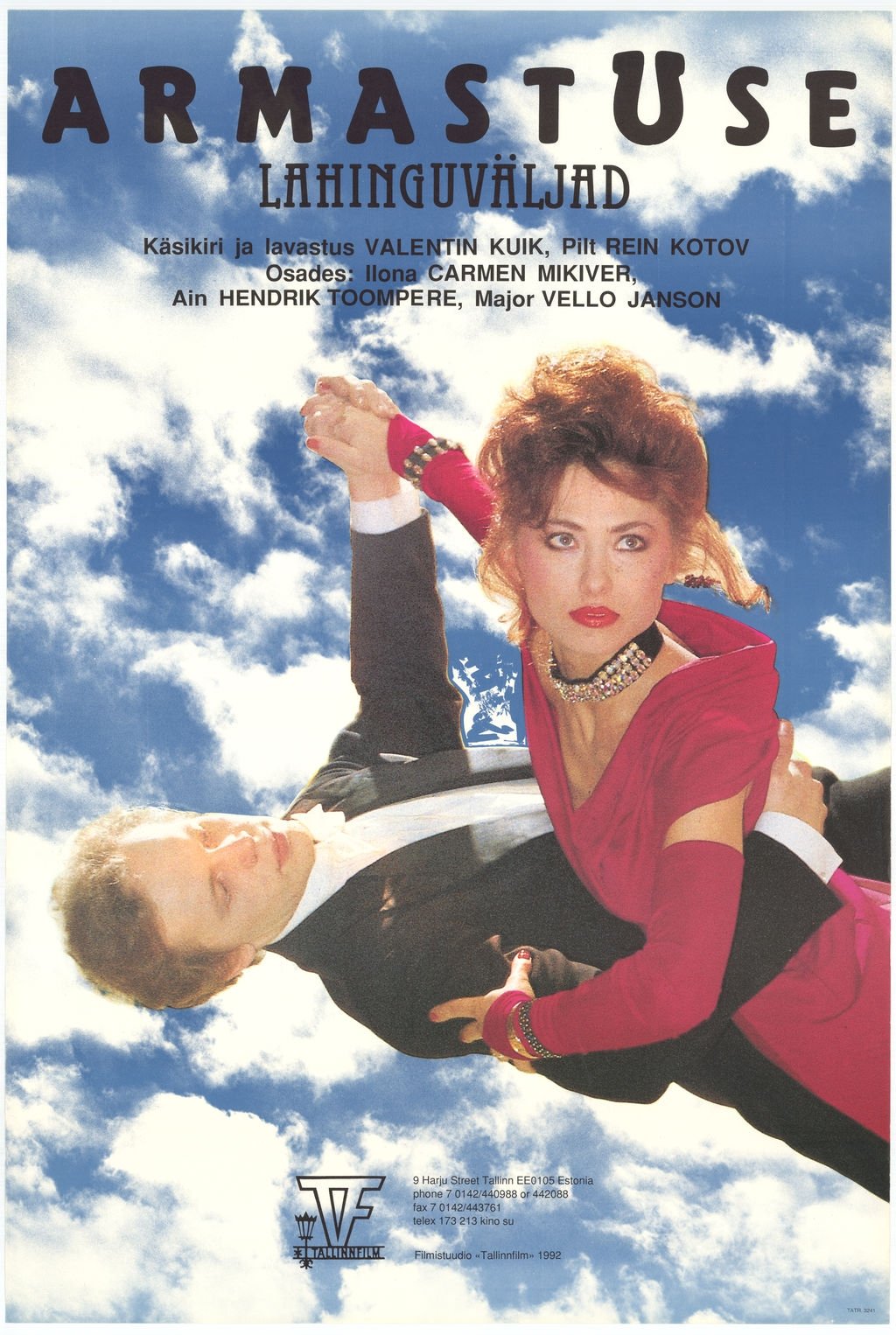
When the doorbell rang late night during the Soviet times, if was often the sign of military recruitment. The chain of events in the film begins from the fatal ring at the door, putting the marriage of a young photographer and his beautiful wife to the test. Being afraid of the army, the young family try to escape the situation. However, they are drifting away from freedom.
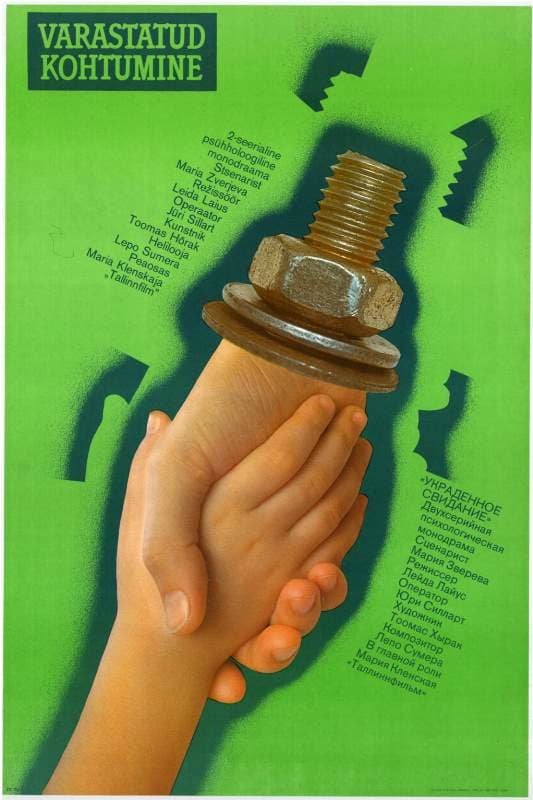
A mother released from a prison camp in Russia finds her son, but realises that reconciliation is impossible.
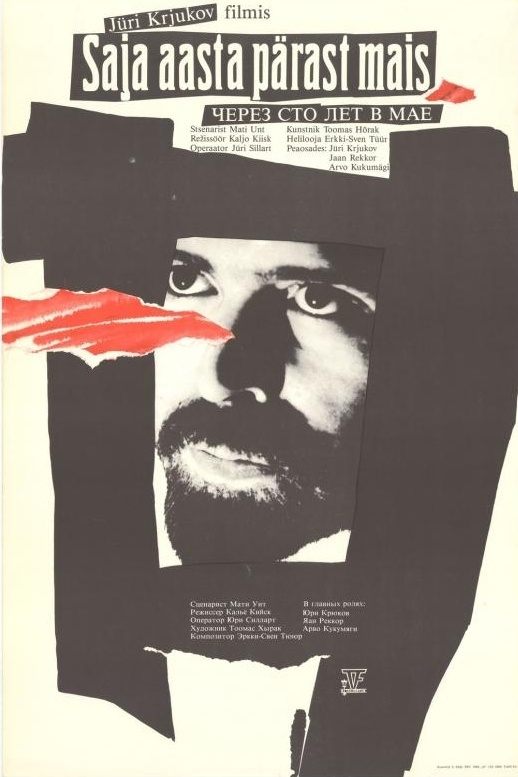
Viktor Kingissepp has been the underground head of the Communist Party of Estonia for three years. He corresponds with Moscow, writes speeches for the members of the Communist Workers' Party and makes leaflets for the events of trade union. His purpose is to overthrow the Republic of Estonia since he does not believe in Estonian independence nor in any national ideals. Yet the clock keeps ticking, tuberculosis spreads rapidly, the world revolution is being postponed. What to do in order to make one's efforts work?
A teenage boy named Vahur, who is from a seemingly upstanding family, becomes an accomplice to the vicious assault on an elderly man. Through a look into the boy's childhood and family, this film raises the question of how to become and remain a decent human being in the schizophrenic Soviet society where everyone was equal, but some were more equal than others.
Siiri Sisask (born September 21, 1968) is an Estonian singer, stage and film actress, and politician. Sisask was born in Rapla. Her older brother was composer Urmas Sisask. She was a member of X Riigikogu, representing the Res Publica Party.
By browsing this website, you accept our cookies policy.